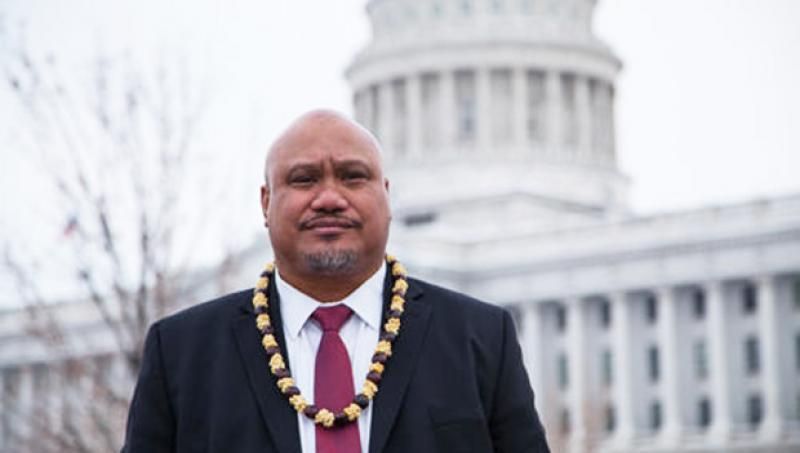
Attorneys for the US, American Samoa and John Fitisemanu argued over the intent of the US Constitution citizenship clause for American Samoans in federal court today.
KHJ News Washington DC correspondent Matt Kaye reports.
The US and American Samoa asked the 10th US Circuit Court of Appeals in Denver to reverse a Utah District Court ruling that would forcibly impose constitutional birthright citizenship on American Samoans.
Attorney Bradley Hinshelwood argued for the US government in the years-long Fitisemanu case…
Play Audio
The case is a reprise of the Tuaua case American Samoa won five-years ago in the DC Circuit, in a ruling the US Supreme Court declined to hear on appeal.
John Fitisemanu also brought the new case, joined by plaintiffs Pale Tuli, Rosavita Tuli and the Southern Utah Pacific Islander Coalition. Their only ‘win’ in the Utah district court, prompted the appeals.
Attorney Matthew McGill argued for John Fitisemanu—
Play Audio
The US argues American Samoa and territories like it, are not “in the United States” for purposes of the Citizenship Clause that American Samoa is “governed under the Territories Clause, distinguishing it between ‘the United States’ and ‘Territory.’”
ASG and Congresswoman Aumua Amata Radewagen argue, it’s up to Congress, in cooperation with a territory, whether to extend US citizenship… that it’s not automatic under the Citizenship Clause.
Attorney Michael Williams, for American Samoa, agreed with a question from the bench that American Samoans don’t want citizenship based on some constitutional argument, but rather on a “defensible position” of “self-determination”—
Play Audio
…the same voice, Williams argued, as those in the Philippines, the FSM and the Commonwealth of the Northern Marianas had, when they choice different status paths…
And the Fono this year resolved this year that American Samoa does not want birthright citizenship.
ASG and Radewagen recount in court briefs that the DC Circuit Court described forced birthright citizenship as an “exercise of paternalism—if not overt cultural imperialism.”
Their filing argues that the people of American Samoa feel a basic change in their status “could threaten fa’a Samoa,” including basic social structures, traditional land alienation practices, religious customs, and even the matai system.
Congresswoman Amata earlier, introduced bipartisan legislation to streamline citizenship for U.S. Nationals from American Samoa who choose to convert their status to U.S. citizenship.




